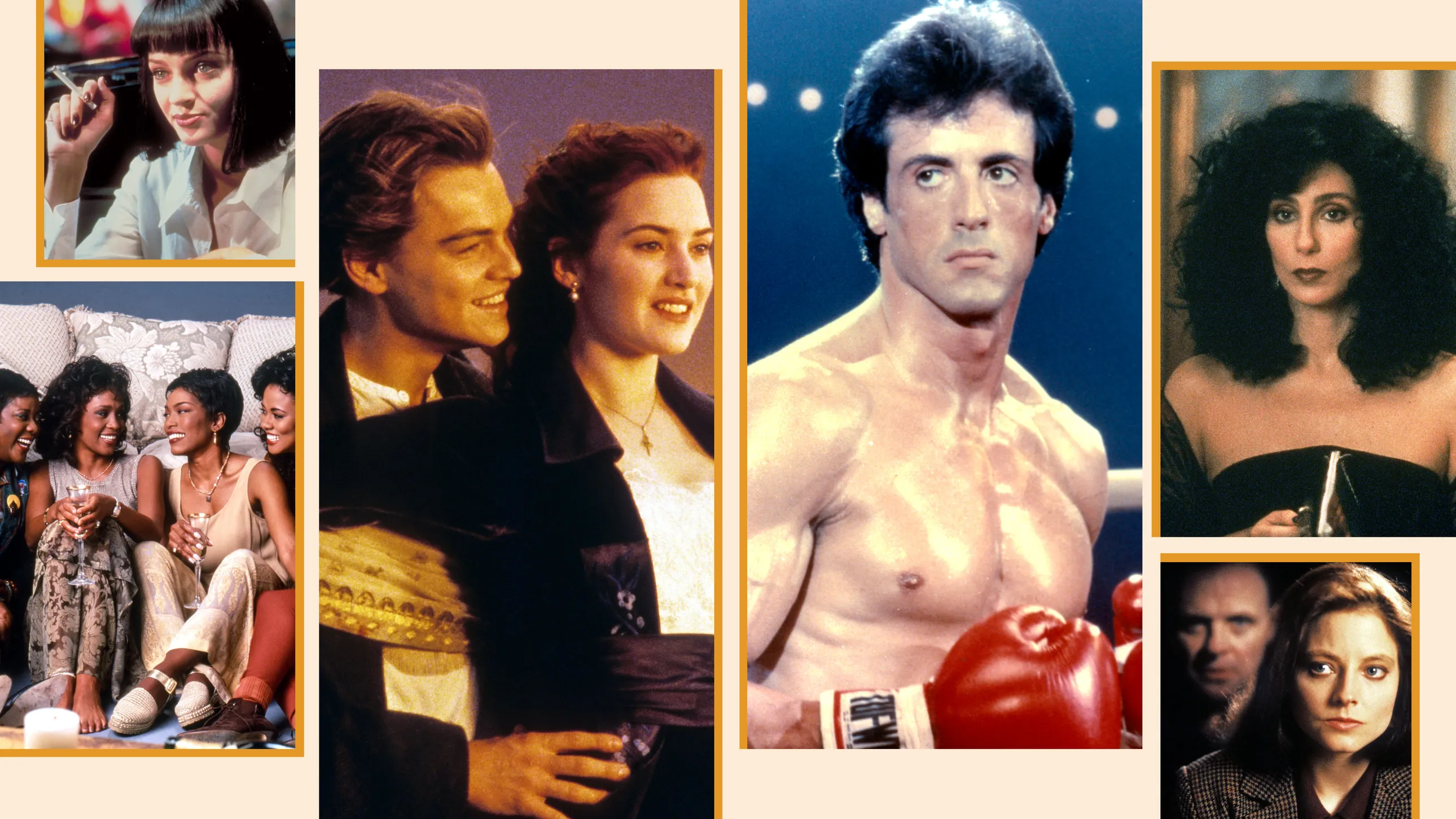
Classic Movies Revisited: Timeless Films and Their Enduring Legacy
By Adedayo Oyetoke, Published on: June 3rd 2023 5 min, 833 word Views: 1162
There's something special about classic movies. Whether it's the iconic performances, the memorable lines, or the timeless themes, these films have stood the test of time and continue to captivate audiences decades after their release. In this blog, we'll take a closer look at some of the most beloved classic movies and explore their enduring legacy.
1. The Golden Age of Hollywood
The period from the 1920s to the 1960s is often referred to as the Golden Age of Hollywood, a time when the film industry was at its peak and produced some of the most iconic movies of all time. During this period, Hollywood studios were known for their lavish productions, star-studded casts, and larger-than-life stories. Some of the most famous films from this era include "Gone with the Wind," "Casablanca," and "The Wizard of Oz."
2. The Rise of Independent Cinema
In the 1960s and 1970s, a new wave of independent filmmakers emerged, challenging the traditional Hollywood model and creating a new style of filmmaking that was more personal and experimental. These films often tackled controversial topics and pushed the boundaries of what was considered acceptable in mainstream cinema. Some of the most famous independent films from this era include "Easy Rider," "The Graduate," and "Bonnie and Clyde."
3. The Enduring Legacy of Classic Movies
Despite the passage of time, classic movies continue to resonate with audiences and inspire new generations of filmmakers. Many of these films have become cultural touchstones, with iconic scenes and lines that are instantly recognizable. They have also influenced countless other films and filmmakers, shaping the language and style of cinema for decades to come.
Example: The Legacy of "The Godfather"
One of the most famous and influential films of all time is "The Godfather," directed by Francis Ford Coppola. The film, which was released in 1972, tells the story of the Corleone family, a powerful mafia dynasty in New York City. "The Godfather" is widely regarded as a masterpiece of cinema, with its iconic performances, memorable lines, and powerful themes of family, loyalty, and power.
Over the years, "The Godfather" has become a cultural touchstone, with countless references and parodies in popular culture. The film has also influenced countless other filmmakers, shaping the language and style of cinema for decades to come. Its legacy is a testament to the enduring power of classic movies and their ability to captivate and inspire audiences for generations.
4. The Evolution of Film Technology
One of the reasons why classic movies have endured is their ability to adapt to changing technology. From the early days of silent films to the rise of digital cinema, filmmakers have always been at the forefront of technological innovation. Advances in film technology have allowed filmmakers to push the boundaries of what is possible on screen, creating new visual and storytelling techniques that continue to captivate audiences.
Example: The Evolution of "Star Wars"
The "Star Wars" franchise is a prime example of how film technology has evolved over time. The original "Star Wars" film, released in 1977, was a groundbreaking achievement in special effects, using practical models and miniatures to create the film's iconic spaceships and creatures. Over the years, the franchise has continued to push the boundaries of what is possible on screen, using cutting-edge technology to create stunning visual effects and immersive worlds.
5. The Importance of Film Preservation
Preserving classic movies is essential to ensuring that future generations can enjoy and appreciate these timeless films. Film preservation involves the restoration and conservation of films to prevent them from deteriorating over time. This process is crucial to maintaining the integrity of classic movies and ensuring that they remain accessible to audiences for years to come.
Example: The Restoration of "Lawrence of Arabia"
One of the most famous examples of film restoration is the restoration of "Lawrence of Arabia," directed by David Lean. The film, which was released in 1962, tells the story of T.E. Lawrence, a British officer who played a key role in the Arab Revolt against the Ottoman Empire during World War I. The restoration of "Lawrence of Arabia" involved a painstaking process of cleaning and repairing the film's original negatives, as well as restoring the film's color and sound.
Conclusion
Preserving classic movies is essential to ensuring that future generations can enjoy and appreciate these timeless films. Film preservation involves the restoration and conservation of films to prevent them from deteriorating over time. By understanding the importance of film preservation and the impact it has on classic movies, we can ensure that these films remain accessible to audiences for years to come.
In conclusion, classic movies have endured for many reasons, including their iconic performances, memorable lines, and timeless themes. By revisiting these films and exploring their enduring legacy, we can gain a deeper appreciation for the art and craft of filmmaking and the power of cinema to inspire and entertain. Whether it's the Golden Age of Hollywood or the rise of independent cinema, classic movies continue to captivate audiences and shape the language and style of cinema for generations to come.
